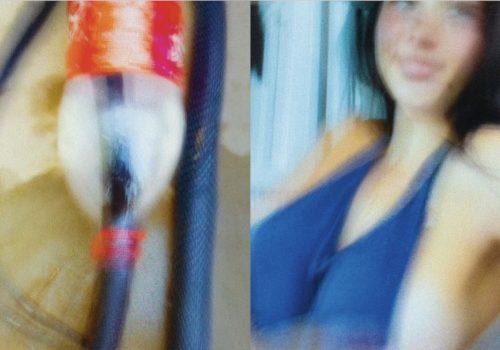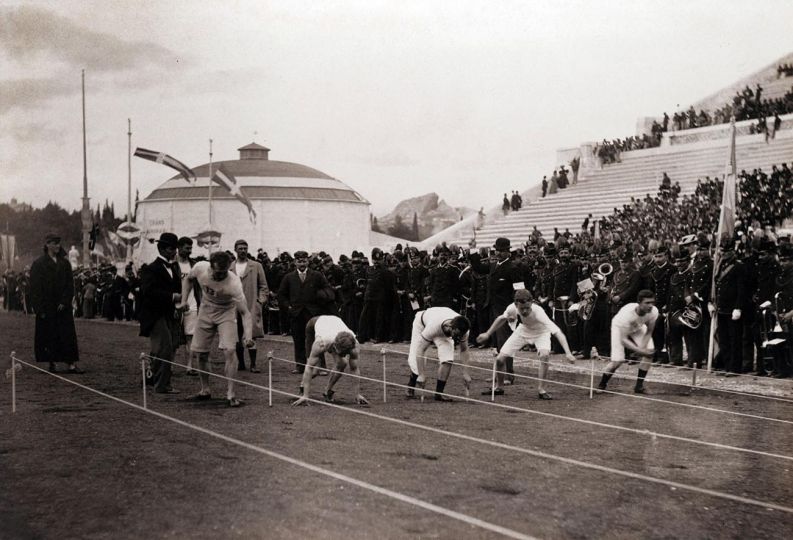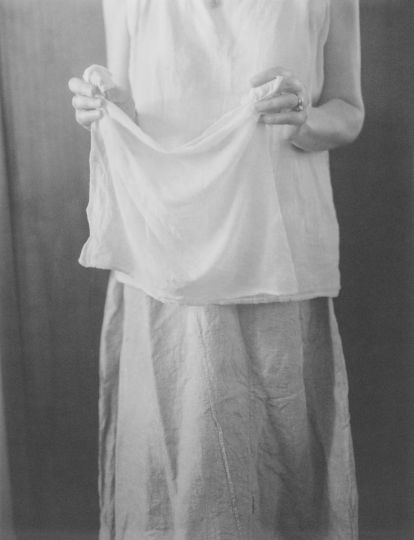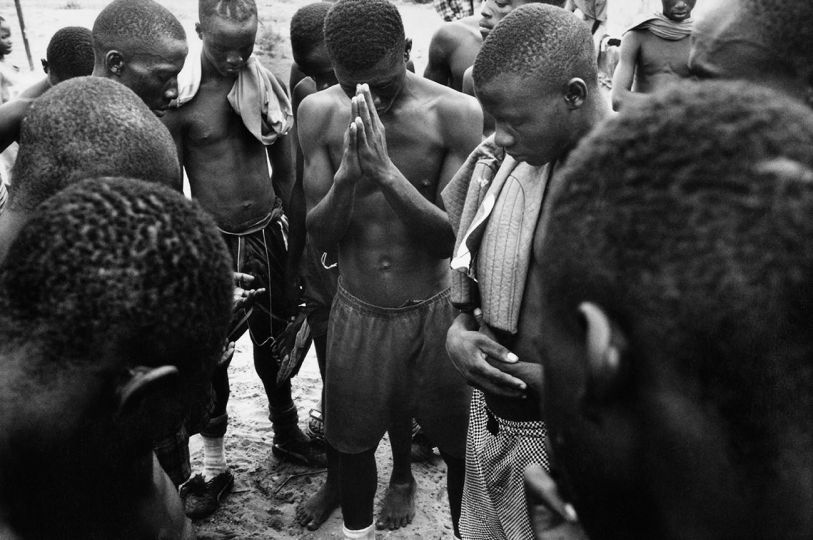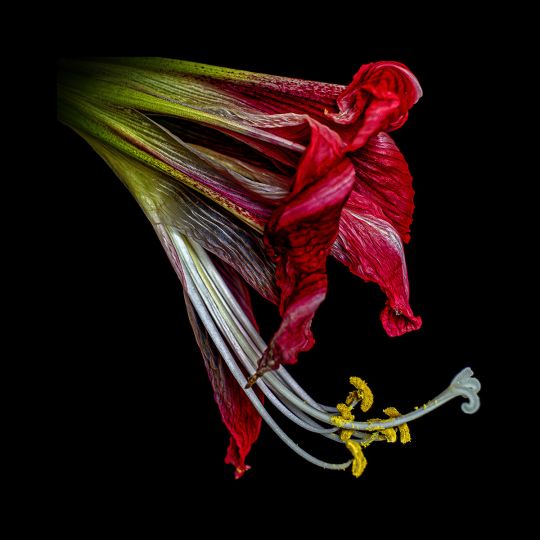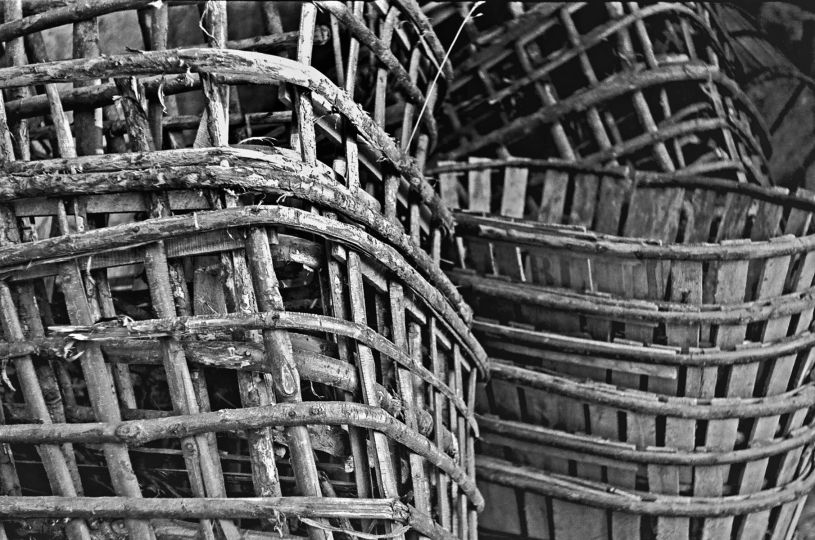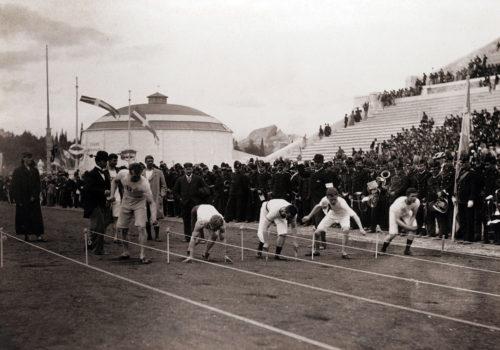One of the best surprises of this year, Jack Latham’s photobook Beggar’s Honey is both an investigation and an experiment, a documentary tool and an artwork, immersing its reader into the world of click farms. These fraudulent organisations create engagement with social media contents to help their owner get better visibility.
Likes and followers have become our new indicators of success. Beyond a certain threshold, they enable to generate an income. For several years now, this artificial popularity has been monetised. Click farms offer users on Instagram, TikTok or Facebook the opportunity to receive ten, fifteen, or twenty thousand likes, depending on the amount paid.
These click fraudsters are usually located in Asia and South America. After extensive research, British photographer Jack Latham went to meet them in Hong Kong and Vietnam before acquiring his own farm and establishing himself as a seller of digital visibility. As a click farm, he was often contacted to boost reels, short videos published on social media. Each of them was immortalised by a screenshot and published in the book. A manicured nail, a peacock, a fashion show, a plane in the sky, a flower, a man dancing in front of his car, one of the towers of World Trade Center on fire after the 9/11 attack, a woman dancing in a swimsuit, sushi, bungee jumping, a military parade… This incoherent sequence reproduces the incessant wave of content, the scrolling in which everyone has found themselves trapped at some point. Thus reproduced and associated in the pages of a book, these blurry and colourful images form a poetic anthology, almost making us forget that each one of them is someone trying to manipulate the algorithm.
These reels excerpts are printed on folded pages that, when opened, reveal the mechanisms allowing these videos to become popular : documentary-style photographs showing large computer installations composed of hundreds of phones connected by cables. The pictures offer a unique glimpse into the functioning of these farms, which usually remain in the shade. Engines of an informal economy, these organisations mostly employ low-skilled workers. In one photograph, we see an individual whose age is uncertain. Is he a young man or a teenager ? The working conditions of these click farms, outside any legal framework, are a gateway to many abuses.
This dichotomy between the beauty of the images and the reality of click farms they conceal highlights the artificiality of a system that governs a part of our lives today. Besides the fact that this pursuit of an illusory popularity confronts us with our fundamental desire to be loved, the book reveals the alarming range of possibilities of click farms, ranging from unfair competition when they help to influence consumer trends to a democratic issue when used for political purposes to manipulate public opinion. From fake likes to fake news, the line is getting thinner and thinner.
———
Jack Latham – Beggar’s Honey
Co-published by Here Press, London and Images Vevey,
134pp, 170 x 210 mm
100 colour photographs
Lithoprinted on coated and uncoated paper Softback printed cover and printed dustjacket
Available in all good bookstores and online

